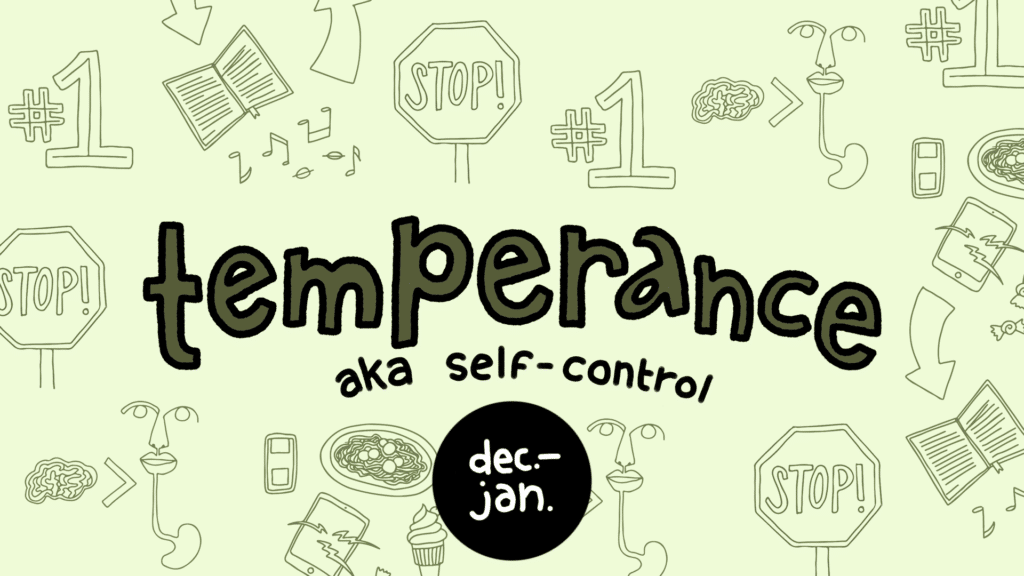Over the summer, our teachers all read The Elements of Teaching by James M. Banner, Jr. and Harold C. Cannon. Now they are exploring each chapter more in depth together during their monthly staff trainings. The first chapter, “Learning,” sparked a lively discussion regarding our desire for students to learn for learning’s sake, and the joy of learning toward this end. Our high school history teacher, Josh Rocha, shares with us today just why this is so valuable, and how cultivating a love of learning at home is directly related to a student’s overall success (in life!). Dr. Rocha is a new and already beloved teacher—both for the way he runs his class and for his deep and passionate sports knowledge. His goal is to help all students—not just the high-achieving, academically-prone ones—to wrestle through the wild world of high school with the wonder of a child, the growing discipline of an athlete, and the support to tackle hard things.
We value rigor at SLOCA, but rigor must be defended against the inertia of slackening standards. Various factors reduce standards over time, and some of them are rooted in perfectly admirable motives. As teachers, we want our students to like us and our classes. The temptation is always there to lighten the workload. In doing so, we earn that satisfying jolt of student appreciation that is all too natural to crave. The desire to be liked is not a bad motive, but being liked is ultimately secondary to our mission “to be a community that forges character, fosters wisdom, and nurtures a lifelong passion for learning.”
Our students might grumble on occasion that they have to read and write so darn much. Perhaps their peers at other nameless schools brag about their easy classes or their free weekends. Like the teacher’s temptation to make students momentarily happy, students themselves are tempted to see rigor as an impediment to their own happiness. Some grumbling is unavoidable. The grass is always greener and all that. Indeed, many of us complain even when we are doing exactly what we want to do! I consider myself truly lucky to teach our enthusiastic students, but perhaps I could do more to excite them about the “deep learning” we offer.
Students may wonder why they are asked to read all of Moby Dick in English or all of Plato’s Gorgias in an elective. They may, at times, question the value of such “deep learning,” but James Banner and Harold Cannon, authors of The Elements of Teaching, explain why it’s worth it:
“Because you will feel triumphant when it no longer confuses you. […] Because in learning it you may discover new perspectives on life, new ways of thinking. Because its possession will make you more alive than it’s alternative, which is ignorance.“

Dr. Rocha
This last line makes a striking connection between education and the sense of being alive. Education is not something to pursue merely to obtain a living; rather, it can actually elevate us onto a different, richer, more ebulliently invigorating plane of life.
A quote by tennis great Billie Jean King confronts players on the wall of the entryway into Arthur Ashe Stadium at the U.S. Open: “pressure is a privilege.” This does not mean we should always place ourselves or others under undue pressure, but it is a recognition that we often feel pressure when outcomes matter. As a relative newcomer to the SLOCA community, I can speak to the unique environment that teachers, staff, and parents provide for students. Students are surrounded by people who care for them and want to hold them academically accountable. Unfortunately, this is not the case at far too many schools. “Pressure is a privilege.”
Arthur Brooks writes about the value of “earned success” in promoting happiness. A dollar merely received is experienced differently than a dollar earned, especially if it is earned in pursuit of a true vocation. In many ways, and as even he recognizes, Brooks’ work merely confirms classical wisdom. The Greek word, eudaimonia, for example, is perhaps best translated to mean “flourishing.” Aristotle used the word to suggest living life in accordance with reason and in pursuit of virtue. In this pursuit, we might not always be happy in the moment, but it is ultimately the most fulfilling and rewarding path.
These concepts of “earned success” and eudaimonia are helpful to keep in mind as we ask our students to meet high standards. We can remind students that we have their eudaimonia in mind rather than their happiness, and that the feeling of “earned success” in having read Dante’s Inferno will be far more rewarding than any short-term relief gained from a lighter workload.
Perhaps the best thing we can do as teachers and parents is model the invigorating joy of learning in our own lives. If we demonstrate a willingness or, even better, a compulsion to take on challenging intellectual endeavors, our students and our children might see their challenges at school not as unfair burdens to graduate from, but as early invitations to adulthood, and to the conversation.
Thank you Dr. Rocha for this insight and encouragement! Interested in reading this book yourself? Pick up a copy online or in-store at The Den school store! Thoughts of your own on this topic? Share in the comments below!
















